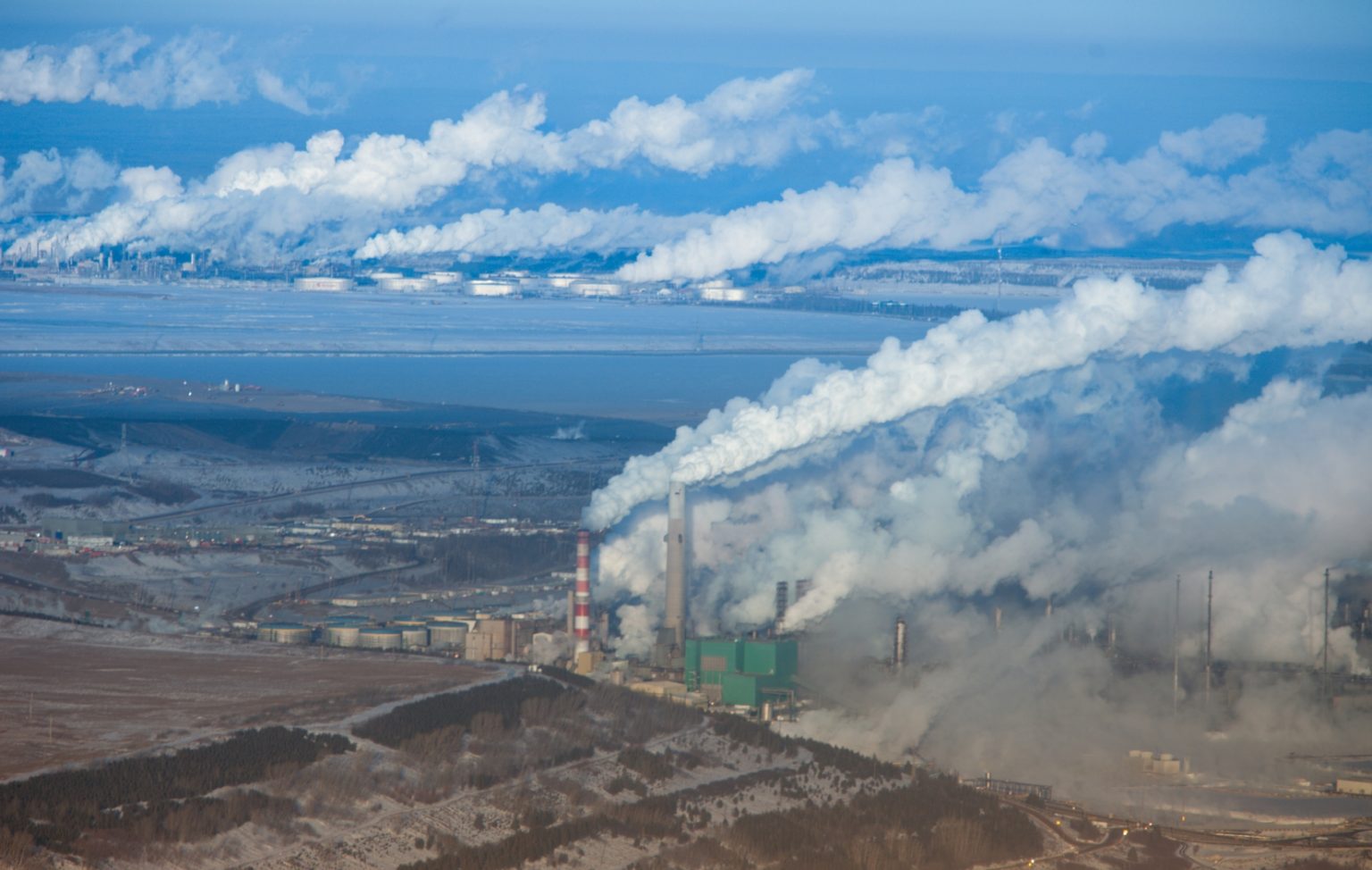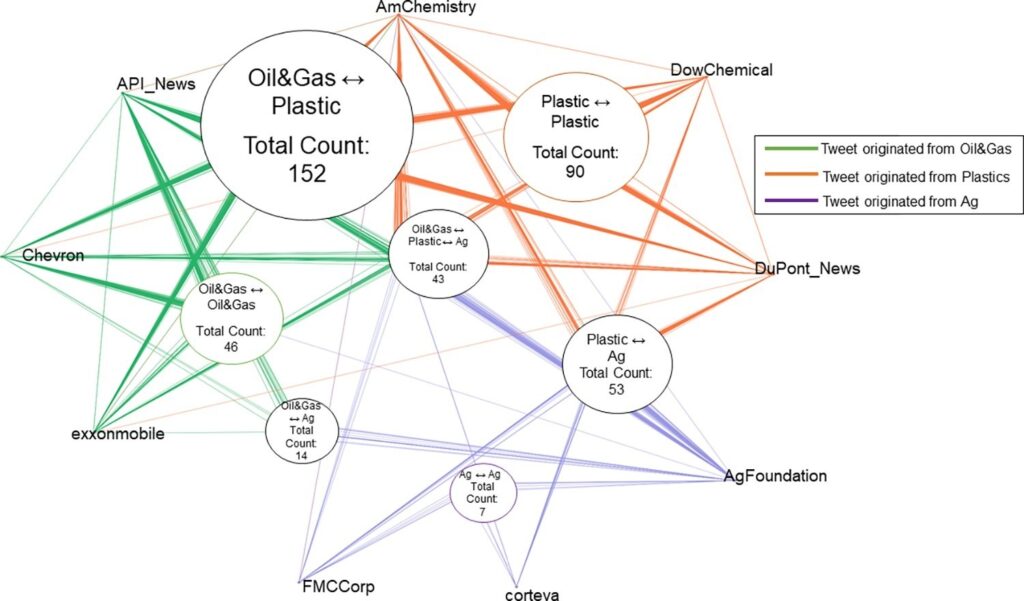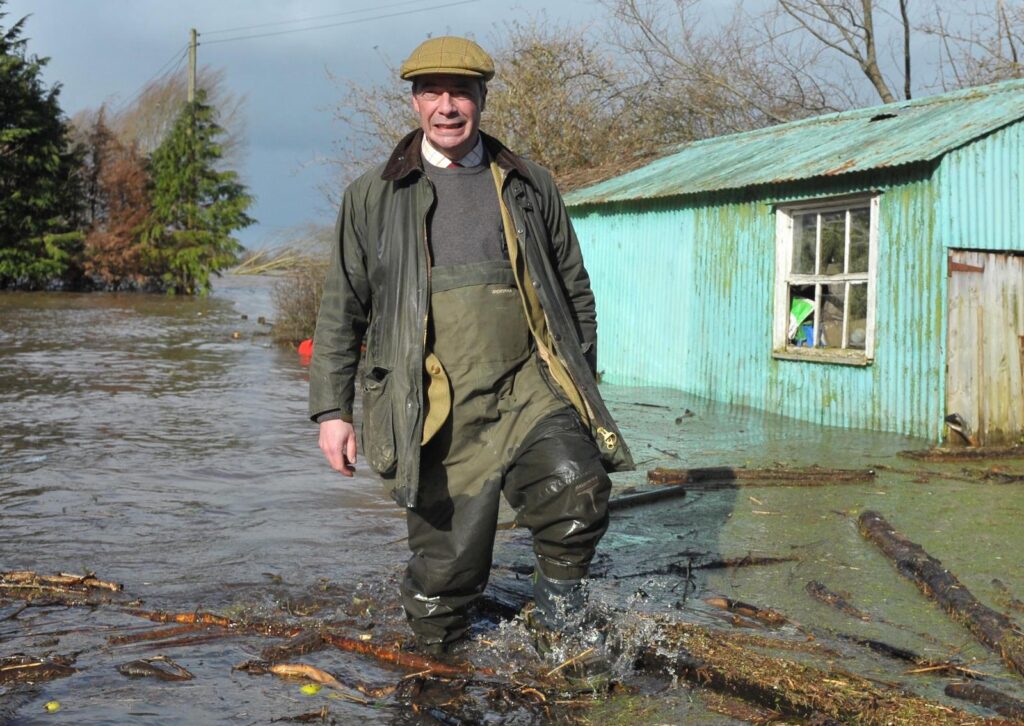This week saw two oil companies take two very different approaches to climate change. One has recognised the impact that global efforts to cut emissions will have on its bottom line while the other denies climate action will have any adverse impact.
I’m talking about Shell and Chevron. Both behemoths in the energy world but with drastically opposite views sitting on either side of the Atlantic.
This week Shell released its latest annual report for the year up to December 2015. Reading through it, it quickly becomes clear that the company has started joining the dots on climate change following the Paris climate agreement and mounting shareholder pressure.
The risk of climate change to the company is disclosed in-depth: “Rising climate change concerns have led and could lead to additional legal and/or regulatory measures which could result in project delays or cancellations, a decrease in demand for fossil fuels and additional compliance obligations, and therefore could adversely impact our costs and/or revenue.”
It then goes on to talk about the impact increased attention to climate change across society will have on its operations, recognising that regulations on greenhouse gas emissions “will focus more on suppressing demand for fossil fuels. This could result in lower revenue.”
This is a much clearer recognition of the risks posed by climate change to a fossil fuel company than Shell had disclosed in the past.
Last year it stated things more simply: “Rising climate change concerns could lead to additional regulatory measures that may result in project delays and higher costs.” There was no mention of the legal risks or direct impact to the company’s profits.
Risk Disclosure
This shift in public risk disclosure is a clear recognition from Shell that policy action and legal risks are mounting. And after the past year Shell’s experienced, it’s a wise move.
Last May, the oil company’s shareholders voted unanimously in favour of a resolution that forced Shell to consider the possibility of a 2C world in its forecasting. Until that time Shell had been using a 4C to 6C global warming scenario to guide future business operations (twice the level of warming considered safe for the planet).
Then, in September Shell was forced to abandon its plans to drill for Arctic oil off the coast of Alaska citing high costs, uncertain regulatory environment, and the failure to find enough oil and gas to drill. After months of protests against Shell’s Arctic drilling, green campaigners declared this a victory for the environment.
Finally, it’s hard to ignore the impact of the ‘Exxon knew’ campaign. Last September it was revealed that Exxon knew that climate change was caused by humans burning fossil fuels long before it went on to promote climate science denial and misinformation campaigns. Based on this, New York and California have launched investigations into the oil giant.
And now, calls have come for a similar investigation to be launched into Shell – did it also deceive the public on climate change?
You can see how this all might push a company into acknowledging the very real financial, regulatory, and legal risks posed to it by climate change.
Chevron’s Position
Meanwhile, at the other end of the spectrum Chevron is singing a different tune.
It told the Financial Times this week that the world will always need Big Oil. Rather than taking a more humble, forward-thinking approach, Chevron’s CEO John Watson boasted that “arguably, we’ve never been more advantaged than right now.”
As the FT writes: “The idea that curbs on greenhouse gas emissions put the long-term viability of the oil industry at risk has been gaining ground among investors, but John Watson doubts that climate policies will be a threat to Chevron.”
Do a quick search through Chevron’s most recent annual report for 2014 (presumably this year’s report for 2015 is in the works) and you’ll find that the company only mentions the words ‘climate change’ once – in the context of increased regulations on greenhouse gas emissions.
Chevron, along with Exxon, has a reputation for not engaging on climate change. While European oil majors including Shell signed a joint declaration supporting action on climate change ahead of the Paris COP21 climate conference in December, the two American companies were noticeable in their absence.
Public Pressure
Of course, Shell still has room for improvement – I won’t be letting it off the hook that easy.
The joint climate declaration was criticised for being little more than hot air given the industry’s history of actively lobbying against climate action. Last April it was revealed that Shell successfully lobbied to undermine European renewable energy targets. Instead, it argued that Europe’s transition to a low carbon energy system should focus on gas expansion.
And as Shell’s annual report states, its own internal forecasting assumes an average global temperature increase of 2-3C by 2100 – this is higher than the internationally agreed target of limiting warming to “well below 2C” with the aim of achieving 1.5C.
In fact, at COP21 David Hone, Shell’s head of climate change, told Adam Ramsay of openDemocracy that oil companies don’t see holding warming of the planet to two degrees as “a given”. This view is confirmed in its report, which reads: “Based on the above analysis, we believe current oil, gas and CO2 prices are too low to stimulate the fossil fuel substitution necessary to meet the Paris Agreement goal of limiting the average global temperature increase to well below 2°C.”
But what Shell’s recent admission does is it recognises that public pressure for action on climate change is only going to keep increasing. And, it shows that this pressure is starting to be felt at the very heart of the fossil fuel industry.
Photo: Kris Krug via Flickr
Subscribe to our newsletter
Stay up to date with DeSmog news and alerts







